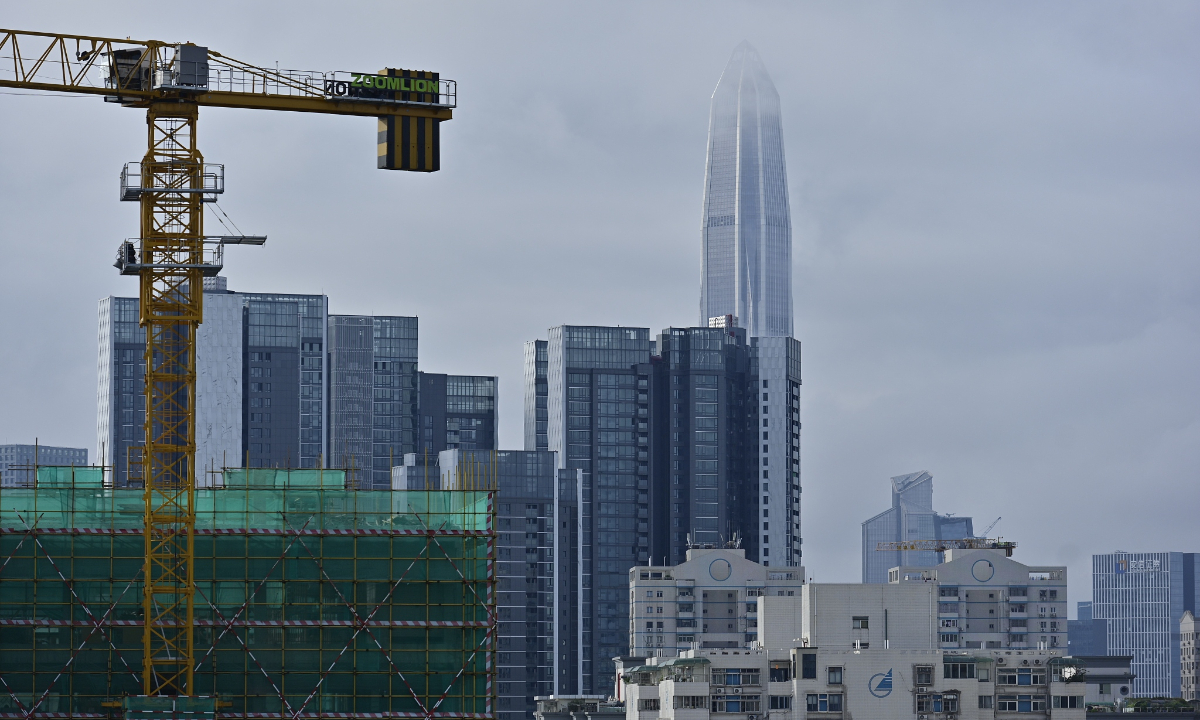Chinese Real Estate Developers Deploy Unconventional Promotions to Boost Sales Amid Market Slump

Amidst a challenging market environment marked by surplus housing inventory and a slowing economy, Chinese real estate developers are devising unique promotional strategies to revitalize property sales. These unconventional approaches aim to attract buyers, particularly farmers, by offering incentives such as financial rewards tied to agricultural produce purchases.
Seazen Holdings Co Ltd recently announced a creative promotion in which it will provide up to 100,000 yuan ($14,920) to reimburse farmers for their watermelon crops. The goal is to encourage these farmers to consider purchasing homes in Nanjing, Jiangsu province.
Similarly, Central China Real Estate Ltd recently offered farmers incentives to boost sales. They provided up to 160,000 yuan to buy wheat from farmers, with the money going toward down payments for apartments developed by the company in Shangqiu, Henan province. Another initiative involved purchasing garlic from growers to incentivize them to buy apartments in Kaifeng, another city in Henan.
These novel promotions come at a time when the real estate market is experiencing a slowdown, particularly in third- and fourth-tier cities. Experts have identified several factors contributing to this decline, including the gradual phasing out of government compensation policies for expropriated properties and migration of residents from smaller cities to larger urban centers.
According to the National Bureau of Statistics, residential property sales by area and value have seen a significant decline in the first five months of this year. The available housing inventory at the end of May has increased by 15 percent year-on-year, further exacerbating the market’s challenges.
Yan Yuejin, research director at the E-Residence China R&D Institute, attributes the overall decrease in housing demand to the sluggishness in third- and fourth-tier cities in recent years. He notes that this is due to the discontinuation of policies that financially compensated residents whose properties were expropriated by the government.
The migration of people from these smaller cities to larger ones has also weakened housing demand in smaller areas, further affecting the market.
While interest rates on home loans have dropped in third- and fourth-tier cities, they have not been sufficient to revive property sales in the first half of the year, according to a report from the Beike Research Institute.
Yu Liang, chairman of developer Vanke, believes that the real estate market may have hit bottom in June, with signs of month-on-month sales growth.
Going forward, the housing market in China may see a recovery rather than a rebound, according to Yu. Yan of E-Residence suggests that these innovative promotions could benefit both sellers and buyers by boosting sales and farmer incomes.
Guo Yi, a lead analyst at the Heshuo Real Estate Research Institute, believes that persuading farmers to purchase homes in smaller cities may be an effective way to boost local housing sales. Particularly, farmers seeking to provide their children with better education opportunities could find these promotions appealing.
Despite these creative promotions, it is crucial to ensure that they do not lead to circumventing government regulations aimed at maintaining real estate prices at healthy levels, Yan warns.
In conclusion, Chinese real estate developers are taking unconventional steps to address the challenges posed by a sluggish market and surplus inventory. These innovative strategies target farmers and aim to stimulate demand in smaller cities while ensuring compliance with regulatory measures.


